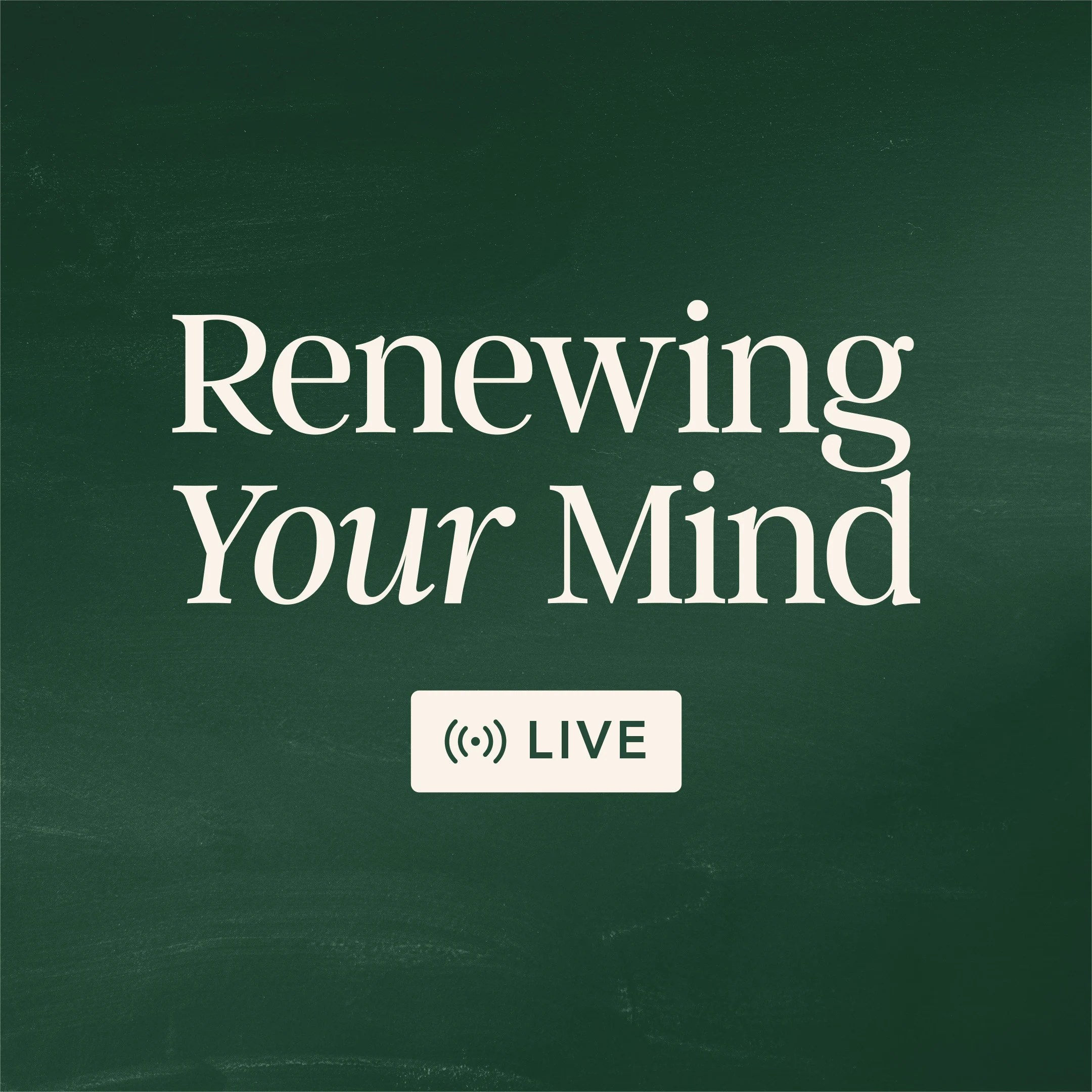The Next 500 Years: 2017 National Conference

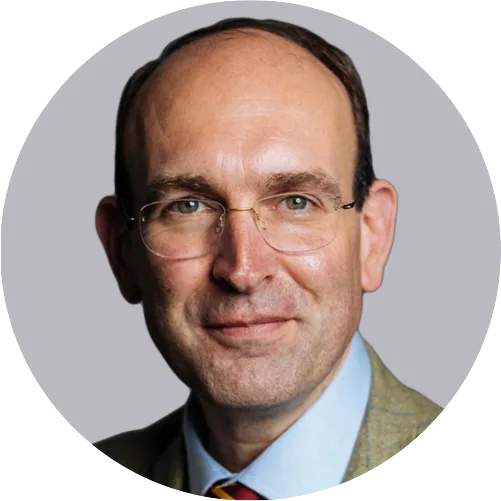

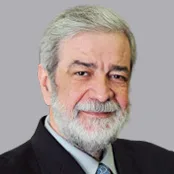




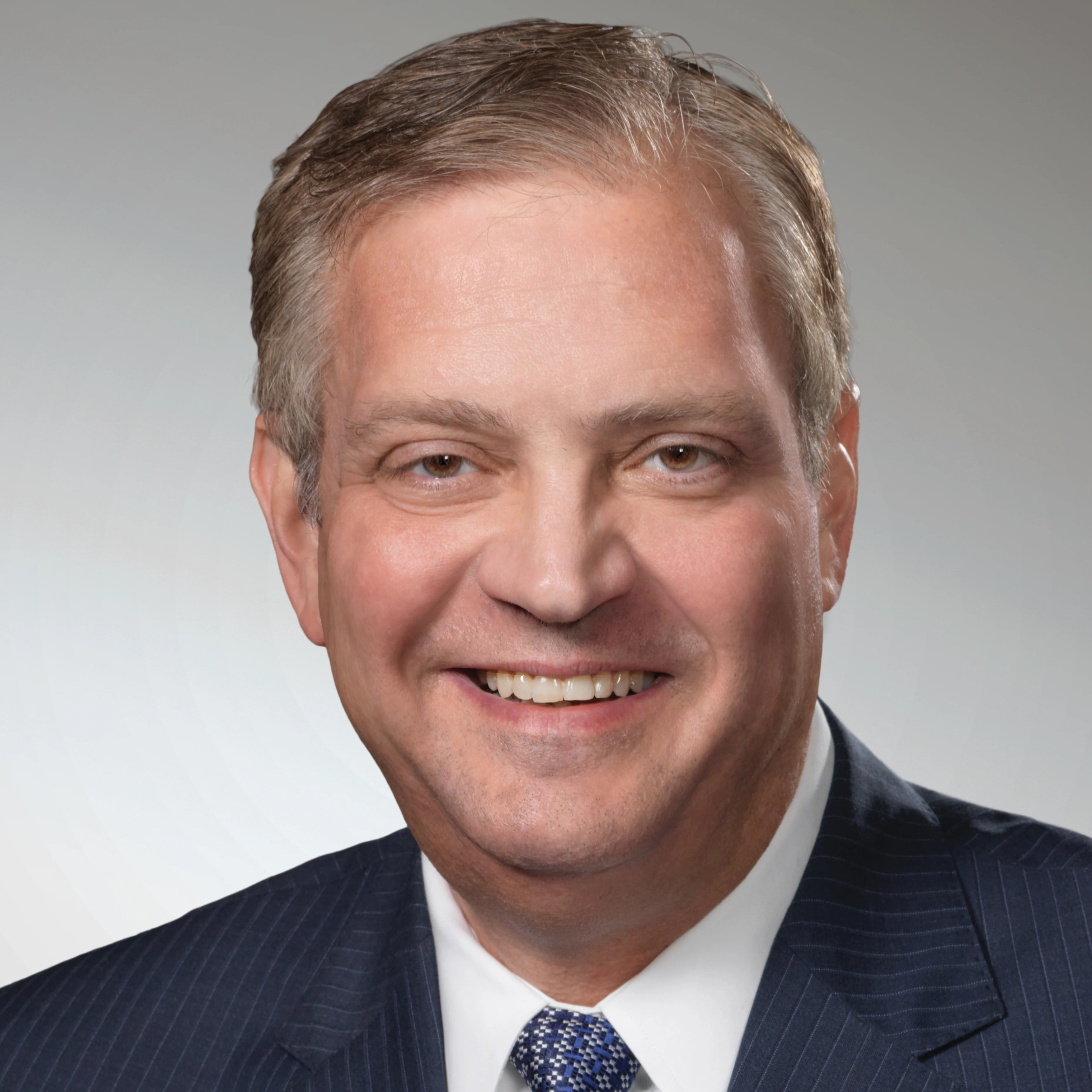

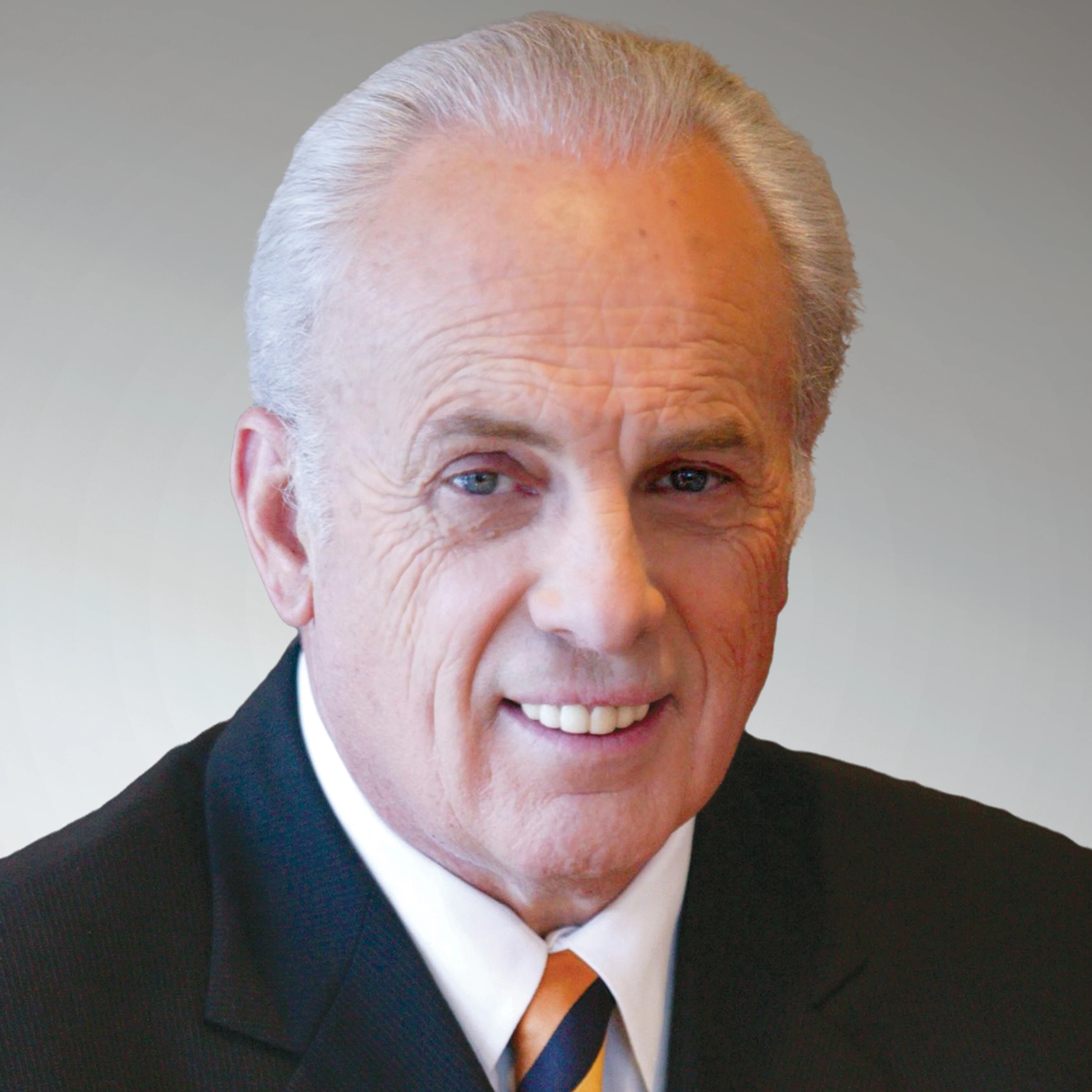

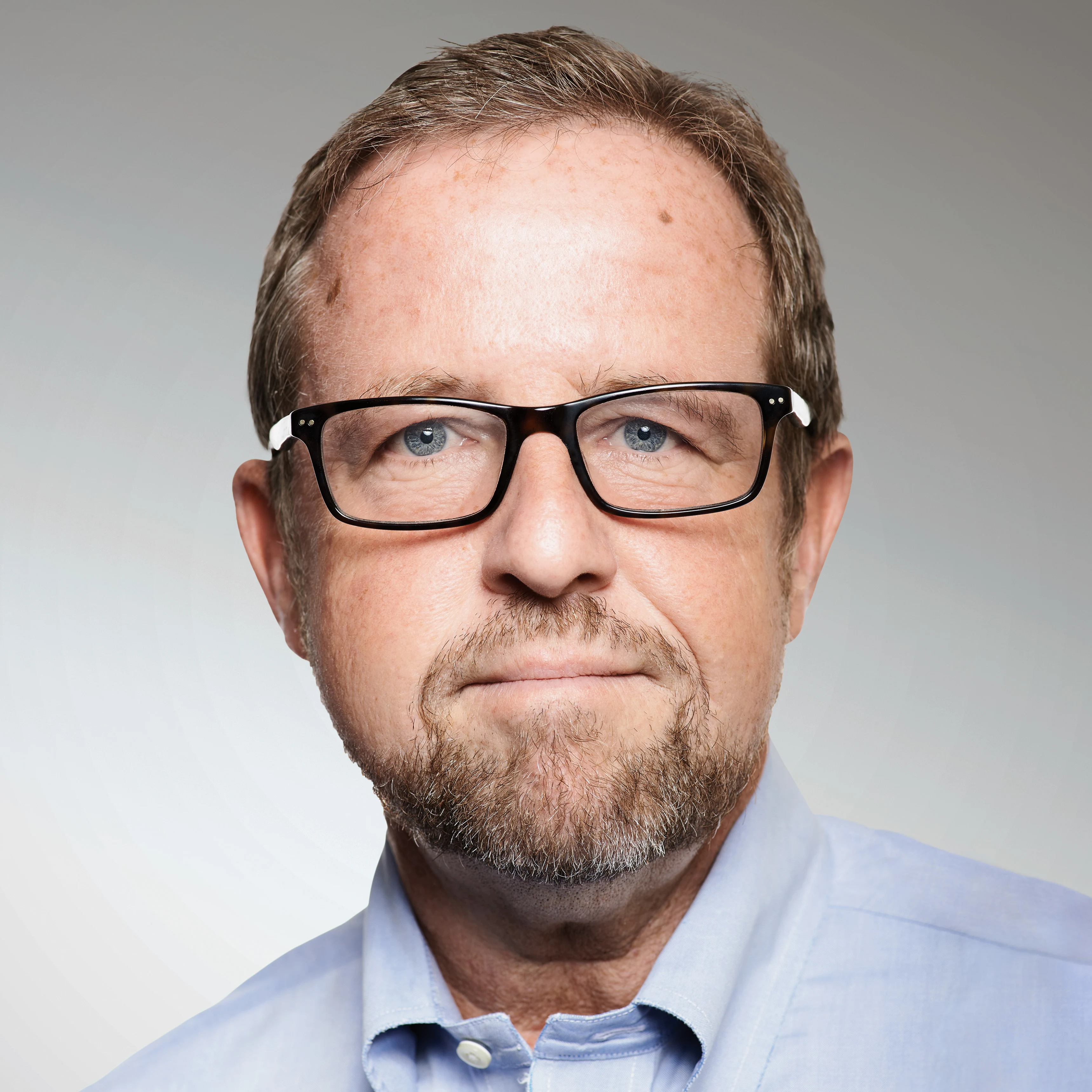




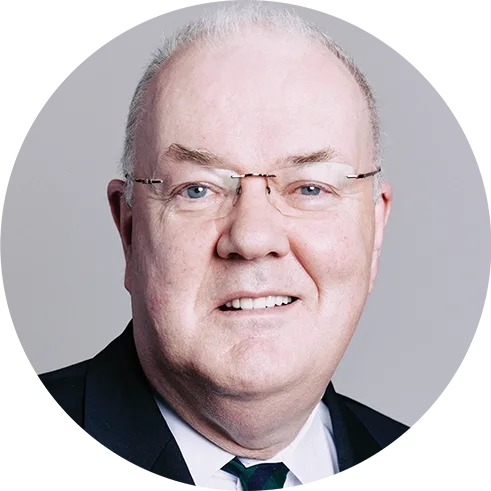





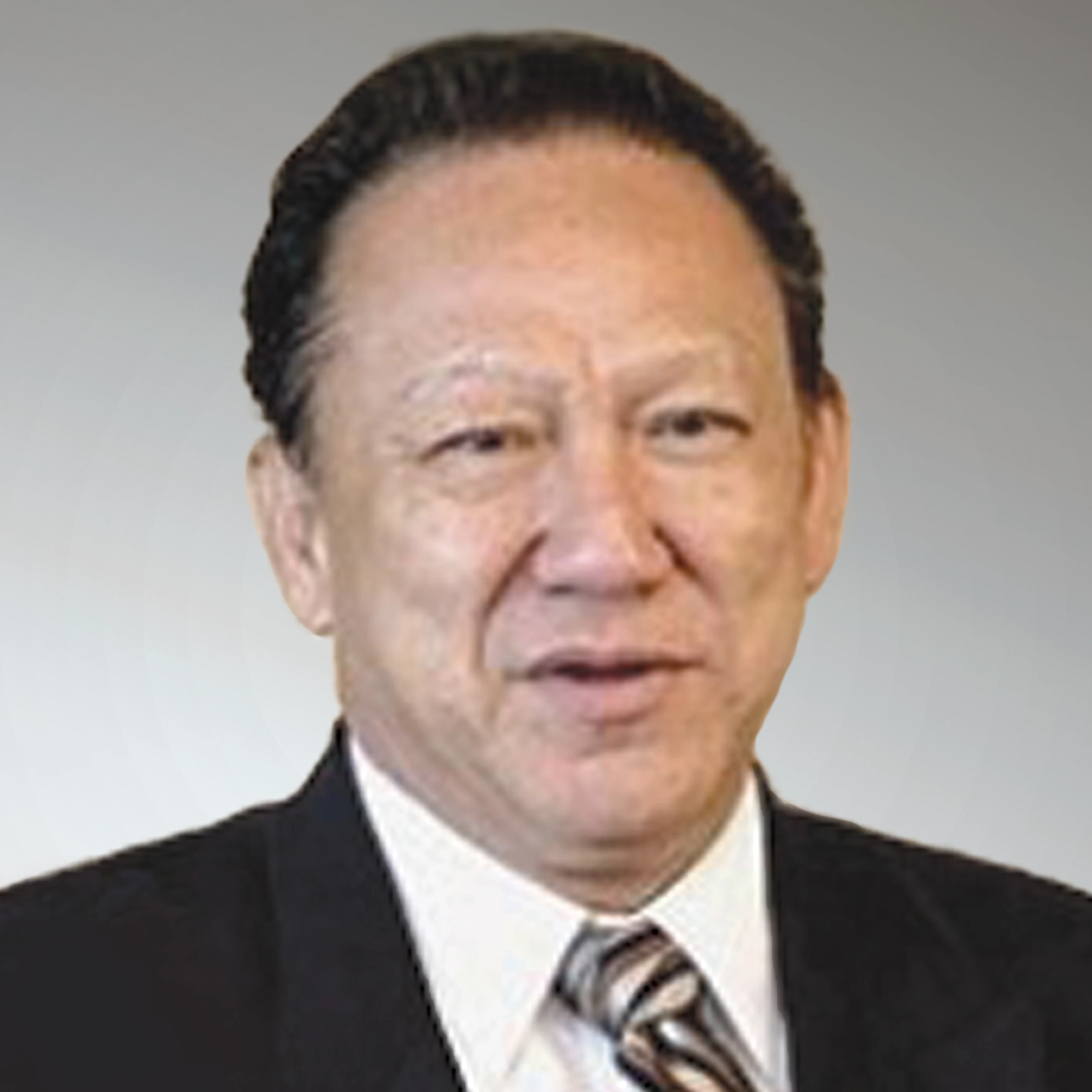











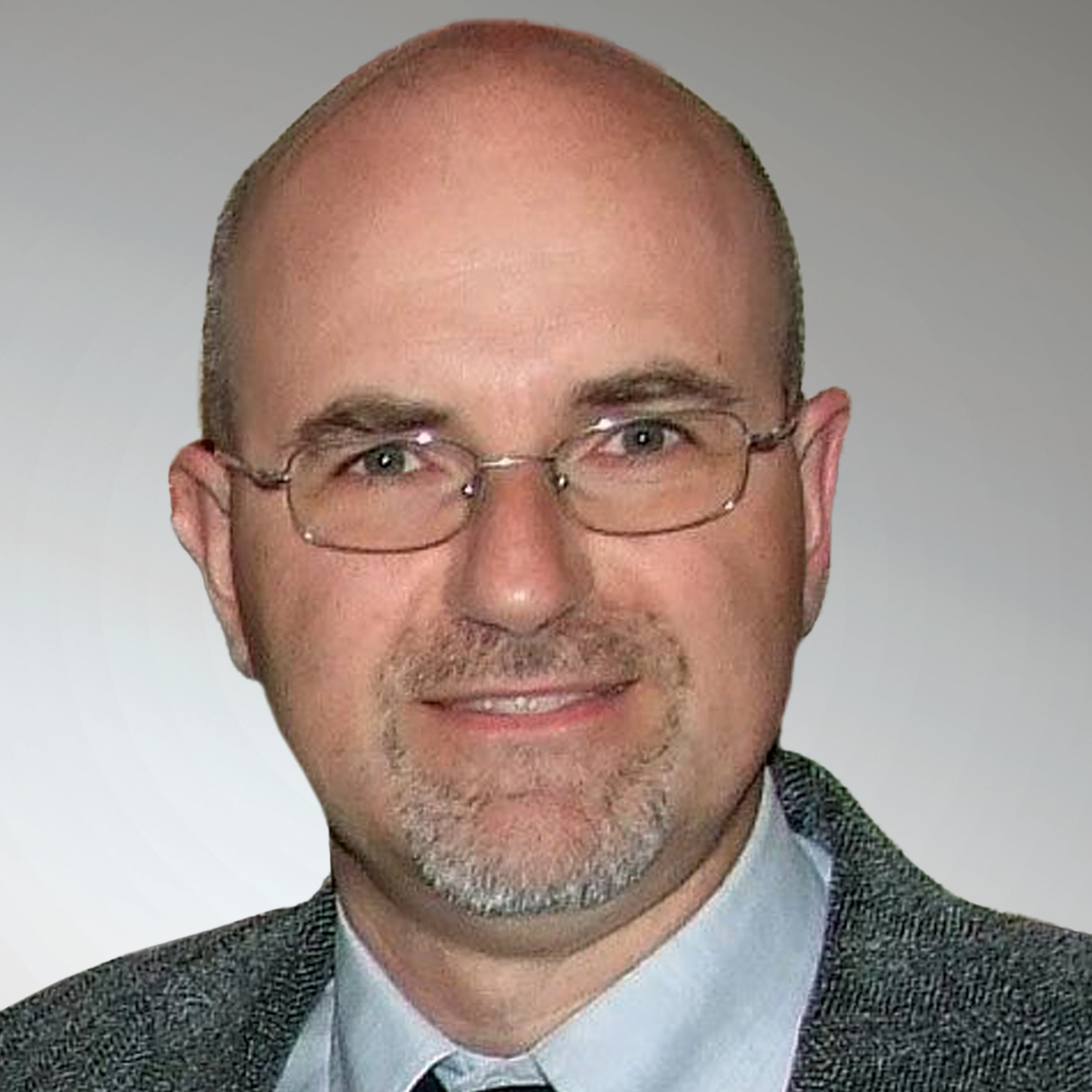









A questions and answers session with Drs. John MacArthur, Albert Mohler and R.C. Sproul.
Questions:
-
Dr. MacArthur, can you tell us about the Shepherds Conference? (1:09)
-
How do you explain the term “Reformed" to a someone unfamiliar to Reformed teaching? (2:34)
-
Is our still heart deceitfully wicked after we are born again? (4:47)
-
How should I share the gospel when it could cost me my job? (7:08)
-
Is it biblical to say God "loves you" to believers and nonbelievers alike? (9:32)
-
What does it mean when we confess that Jesus has a reasonable soul? (13:05)
-
Dr. MacArthur, you spoke at 2016 Shepherds Conference about clergy malpractice. What did you mean by that? (17:08)
-
How can I best prepare students to live their faith out in public schools? (19:17)
-
How do I counsel a Reformed mother who is married to a Roman Catholic? (22:25)
-
With the rise of seeker-sensitive churches, how do we understand biblically 'seeking' God? (25:02)
-
How do you define a false teacher? How much error is needed before they are considered false? (32:23)
-
How is the current cultural climate forcing the "mushy middle" out of the church? (35:55)
-
Giving the failure of ecumenical movements, how do you promote unity in doctrine? (37:59)
Note: Answers given reflect the views of the individual speakers and do not necessarily reflect the views of Dr. R.C. Sproul and Ligonier Ministries. Here is our Statement of Faith.









